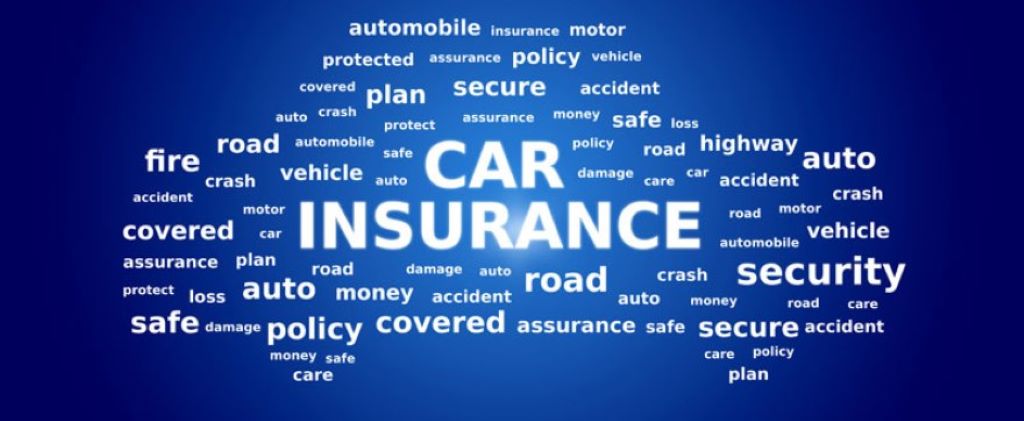Car accidents can be a distressing experience, both physically and emotionally. In such moments, understanding how your car insurance works is crucial. Car insurance is not just a legal requirement in most places; it’s also a financial safety net that can help you navigate the aftermath of an accident. In today’s world of modern vehicle trading, it’s important to understand how your car insurance policy can protect you in case of an accident. In this article, we’ll look at how car insurance works in an accident, simplifying the complex world of insurance policies, claims, and coverage. So, let’s dive in.
Understanding Car Insurance
Types of Car Insurance
There are several types of car insurance, but the two most common ones are liability insurance and comprehensive insurance.
- Liability insurance covers the costs of injuries and property damage you cause to others in an accident.
- Comprehensive insurance covers damages to your own vehicle, including accidents, theft, and natural disasters.
Coverage Limits
Every insurance policy has coverage limits, and if you’re looking for car insurance ideas, you may want to get them from reliable sources such as https://vehicletradeus.com/vehicle-insurance/power-of-vehicle-insurance/. This is the maximum amount the insurance company will pay for a claim, and it’s crucial to understand your coverage limits to avoid unexpected expenses.
The Accident Scenario
Immediately After the Accident
After an accident, the first priority is safety. Check for injuries and call for medical help if needed. If it’s safe to do so, move your vehicle out of traffic.
Contacting Your Insurance Company
Once you’re safe and the accident scene is secure, contact your insurance company. They will guide you through the process.
Filing a Claim
To file a claim, you’ll need to provide details of the accident, such as the location, date, and names of involved parties. The insurance company will assign an adjuster to investigate the claim.
Determining Fault
No-Fault Insurance
Some states have a “no-fault” insurance system, which means that each driver’s insurance pays for their medical expenses and damages regardless of who is at fault.
At-Fault Insurance
In “at-fault” states, the driver responsible for the accident is financially responsible for the damages. Their insurance will cover the costs.
Claim Process
Investigation
The insurance adjuster will gather information from all parties involved, assess the damage, and determine liability.
Settlement
Once liability is determined, the insurance company will negotiate a settlement with the affected parties to cover medical bills, repairs, and other damages.
Car Insurance Premiums
Factors Affecting Premiums
Several factors can affect your car insurance premiums, including your driving history, age, and the type of vehicle you drive.
Premiums After an Accident
If you’re at fault in an accident, your premiums may increase. However, some insurers offer accident forgiveness programs that prevent your rates from skyrocketing after your first accident.
Deductibles and Coverage
Your deductible is the amount you pay out of pocket before your insurance kicks in. A higher deductible can lower your premiums, but it also means more expenses in case of an accident.
Rental Car Coverage
Some policies offer rental car coverage, which can be a lifesaver if your vehicle is in the shop for repairs after an accident.
Conclusion
In the aftermath of a car accident, understanding how your car insurance works can provide you with much-needed peace of mind. It’s essential to know your coverage, how to file a claim, and the potential impact on your premiums. Remember, car insurance is your safety net when the unexpected happens on the road. Additionally, if your car sustains sun damage to its paint, knowing how to repair sun damage car paint can also be valuable information to ensure your vehicle is in the best possible condition.
Frequently Asked Questions (FAQs)
- Is car insurance mandatory?
Yes, in most places, car insurance is mandatory to legally operate a vehicle.
- How do I lower my car-insurance premiums?
You can lower your car-insurance’s premiums by maintaining a good driving record, choosing a higher deductible, and bundling policies.
- What is a deductible?
A deductible is the amount you pay out of pocket before your insurance covers the rest of the expenses.
- Will my insurance rates increase after an accident?
If you’re at fault, it’s possible that your insurance rates will increase, but it depends on your insurer and policy.
- What should I do immediately after a car accident?
Ensure safety first, check for injuries, and if it’s safe, move your vehicle out of traffic. Then, contact your insurance company and follow their guidance.


